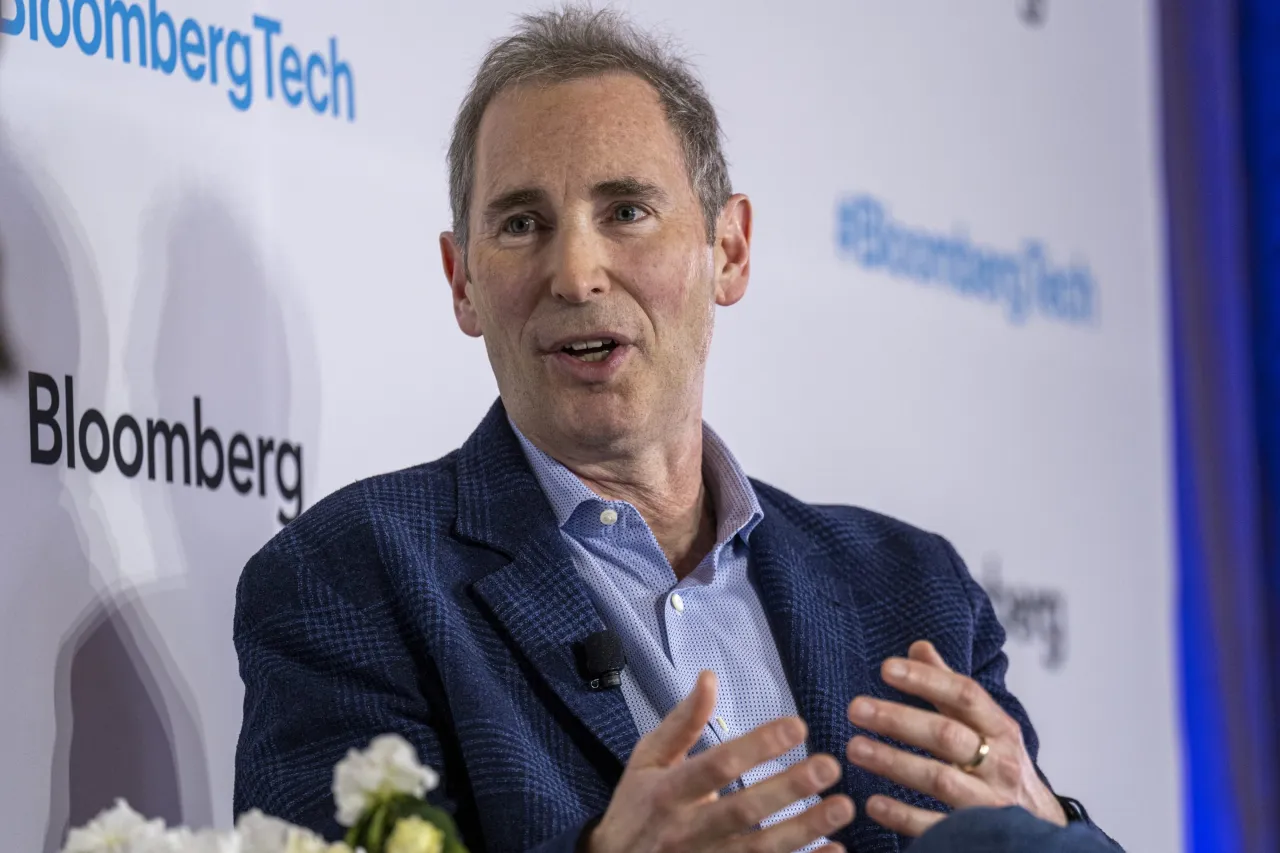“We’re not giving up our industrial base to those who dump carbon and take advantage of a system that doesn’t account for, and actually subsidizes, the dumping of high-carbon production costs into open markets,” he said.
Podesta took over as the US climate envoy from John Kerry earlier this year after leading the rollout of the $369 billion clean energy initiative under the landmark Inflation Reduction Act signed almost two years ago.
“The global trading system doesn’t properly consider the carbon emissions in tradable goods,” he said. “So, we’re reviewing that, trying to gather more data to create a policy framework for it.”
In April, Podesta announced a task force for climate and trade, stating that the data it collected would be considered in policy decisions.
The US is increasingly focused on the impact of trade in carbon-intensive products on its industrial sector, while the EU is implementing a carbon border adjustment mechanism (CBAM) targeting imports like cement and steel. China is also considering expanding its carbon permit pricing system to cover a wider range of emissions allowances for industry.
John Podesta emphasized the need for a global trading system that promotes clean practices and fairly accounts for the carbon footprint of goods. Although the specific policy mechanism is yet to be decided, there are bipartisan discussions in the US about addressing this issue.




